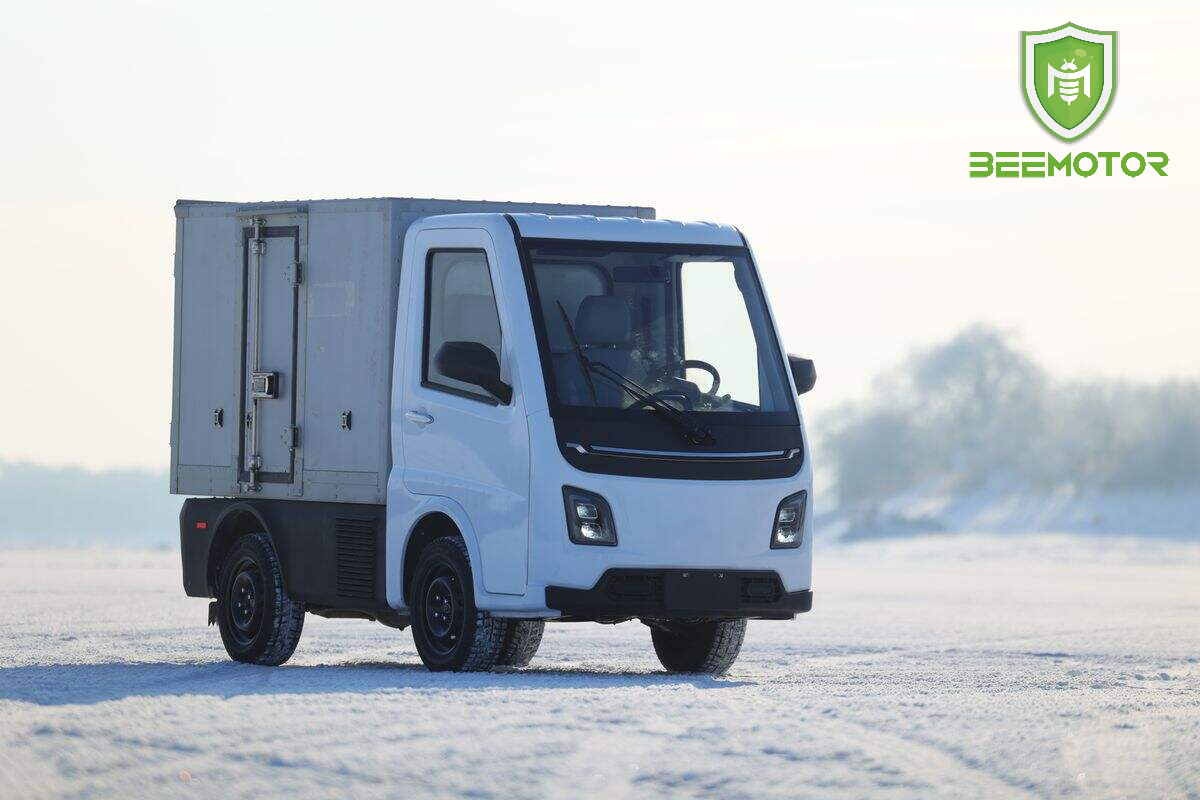Urban freight transportation has incorporated vehicles such as compact electric trucks for solving issues like traffic jams, poor environmental quality, and other delivery-related activities. In contrast, industry-specific electric mild commercial vehicles have presented firms with improved cost-efficient methods from an environmental perspective towards urban logistics problems.
This blog discusses the benefits of electric compact commercial trucks, their emission reduction capabilities, and how they can change the urban freight transport industry for the better.
Electric compact commercial trucks also known as light-duty trucks, are extremely useful for short distance deliveries which require traveling within cities. Their smaller size permits for easy movement within densely populated urban areas, allowing for better access to delivery locations if compared to large trucks. Improving access enhances operational and delivery efficiency which is essential for firms in today's highly competitive world.
Firms that maintain fleets of commercial vehicles can benefit the most from electric compact trucks by greatly reducing their operational costs.
Compact electric trucks are an example of green vehicles such companies can acquire to improve their overall public image while making profits. Electric vehicles can assist businesses in gaining favorable attention for being proactive and taking positive steps towards environmental sustainability. This shift towards sustainability is increasingly appealing to consumers, who are more likely to support companies with green initiatives such as using electric vehicles.
Electric vehicles manufactured for commercial purposes, such as compact electric trucks, is a novel idea, and with every game changer comes new possibilities. Change is not only significant as the world works to traditional combustion powered vehicles which are a staple to every transport industry. Electric compact trucks also provide clean air along with a healthy urban terrain. Switching to electric power also improves the image businesses as responsible enterprises-something that can further boost business.
Also, electric compact trucks don’t need a lot of money put into them as one would with a diesel vehicle differentiating them from the traditional robust diesel counterparts. Using electric compact trucks also aids in further bolstering the image of the firm along with increasing credibility.
Electric would also help increase the popularity, reliability, and assurance offered to prospective clientele and those with a fleet of commercial vehicles. The cost savings along with the operational benefits can translate to Enhanced market dictates on disposable income and aid in reducing fuel costs.
Business firms seeking to change their fleets for operational efficiency, electric powered vehicles offer an easier level of risk compared to diesel vehicles which are a necessity. Electric options can help a wide range of industries streamline expenses along with those needing reliable fences.
It is undisputable that urban exerbaition continues to grow at exponential rates, this growth is directly proportional to the demand for efficient freight transportation. Electric compact commercial trucks are set to meet this demand and provide compact and suitable alternatives to traditional delivery methods. Advancements in battery technology alongside improvements in charging infrastructure increase the availablity of these electric vehicles on a daily basis. Companies willing to invest in these electric trucks will be better suited to adapt to new urban logistics and in turn overtake their competition.
Electric compact commercial trucks are the solution cities have been waiting for to alleviate urban freight transportation gridlock. These trucks cut city emissions and operating costs, making them more suitable to businesses that require compact vans for deliveries. The industry's focus on innovation and sustainability will make auxiliary industries shift to electric vehicles in urban logistics in hopes of countering the increasing operational cost in cities. Embracing this shift will lead to efficiency in operations while making the cities more sustainable.

